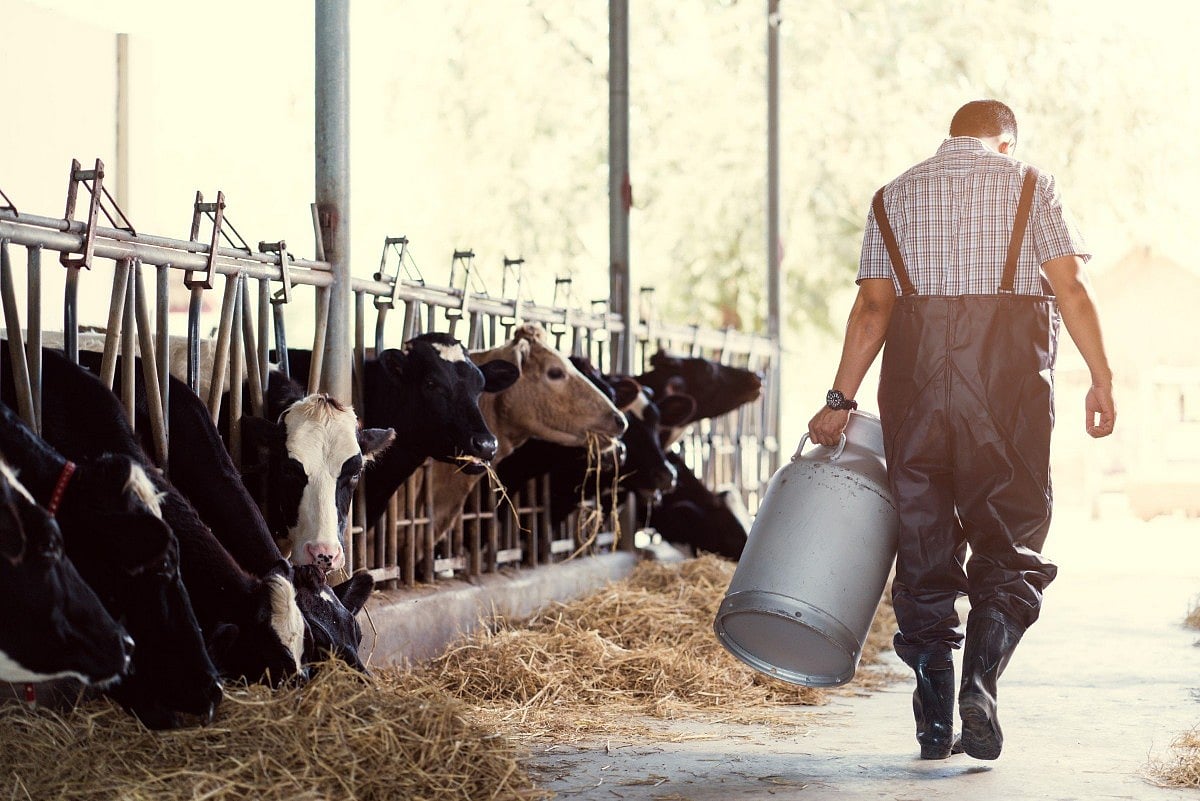Get Healthy!

- Robin Foster
- Posted December 11, 2024
Bird Flu in California Child Similar to Strain Seen in Livestock
As an outbreak of bird flu among dairy cows continues, U.S. health officials reported Tuesday that the strain of bird flu detected in a California child is similar to the strain spreading through livestock, though the patient had no known exposure to infected animals.
While the findings were not definitive, tests "showed that the virus was very similar to viruses detected in both dairy cattle and poultry as well as to A[H5N1] viruses from previous human infections in dairy workers in California," the health update from the U.S. Centers for Disease Control and Prevention stated.
“This case does not change CDC’s assessment of the immediate risk to the general public, which remains low at this time,” the agency added.
Meanwhile, California health officials reported last week that their investigation into how the child may have been exposed to bird flu is continuing. The child received flu antivirals and has since recovered.
Richard Webby, a virologist at St. Jude Children’s Research Hospital who studies influenza, said it is unlikely that community spread explains the California case. Instead, other animals that could have come into contact with the virus, such as cats, dogs or rodents, might be contributing to its spread.
Experts have worried for months that the longer the virus spreads among humans and animals, the more likely it will mutate and be able to spread easily between humans.
So far this year, 58 people have been confirmed to have bird flu in the United States, according to the CDC; all but one had been exposed to infected poultry or dairy cows.
In the California case, no person-to-person spread of the virus has been detected and the child's family members all tested negative.
Bird flu has been spreading in poultry since 2022, and cases in dairy cows began to crop up in March. The virus was discovered in a pig for the first time last month.
Bird flu infections in people -- nearly all among farmworkers -- have now been confirmed in seven states.
California accounts for the largest share of human bird flu cases in the country, with 32 confirmed infections. Washington has recorded 11 cases, and Colorado 10, CDC data shows.
Earlier this month, Canadian officials announced that a teen in British Columbia had been hospitalized in critical condition with what is believed to be bird flu.
It’s not clear how the teenager picked up the H5N1 virus because the patient is not known to have any contact with infected animals, officials noted. They added that this is the first human case of the virus reported in both the province and Canada.
"The positive test for H5 was performed at the BC Centre for Disease Control’s Public-Health Laboratory," Dr. Bonnie Henry, provincial health officer of British Columbia, said in a statement.
Testing has been performed on about three dozen people who were in contact with the teen, but none show evidence of infection, Henry added.
Across the United States, more than 742 dairy herds in 16 states have been infected since the outbreak in dairy cows was first confirmed last spring. Avian influenza has been spreading in wild and domestic birds in the United States for several years.
“We should be very concerned at this point,” Dr. James Lawler, co-director of the University of Nebraska’s Global Center for Health Security, told the New York Times. “Nobody should be hitting the panic button yet, but we should really be devoting a lot of resources into figuring out what’s going on.”
More information
The CDC has more on bird flu.
SOURCES: U.S. Centers for Disease Control and Prevention, health update, Dec. 10, 2024; California Department of Public Health, news release, Nov. 19, 2024; British Columbia Ministry of Health, news release, Nov. 9, 2024; New York Times
